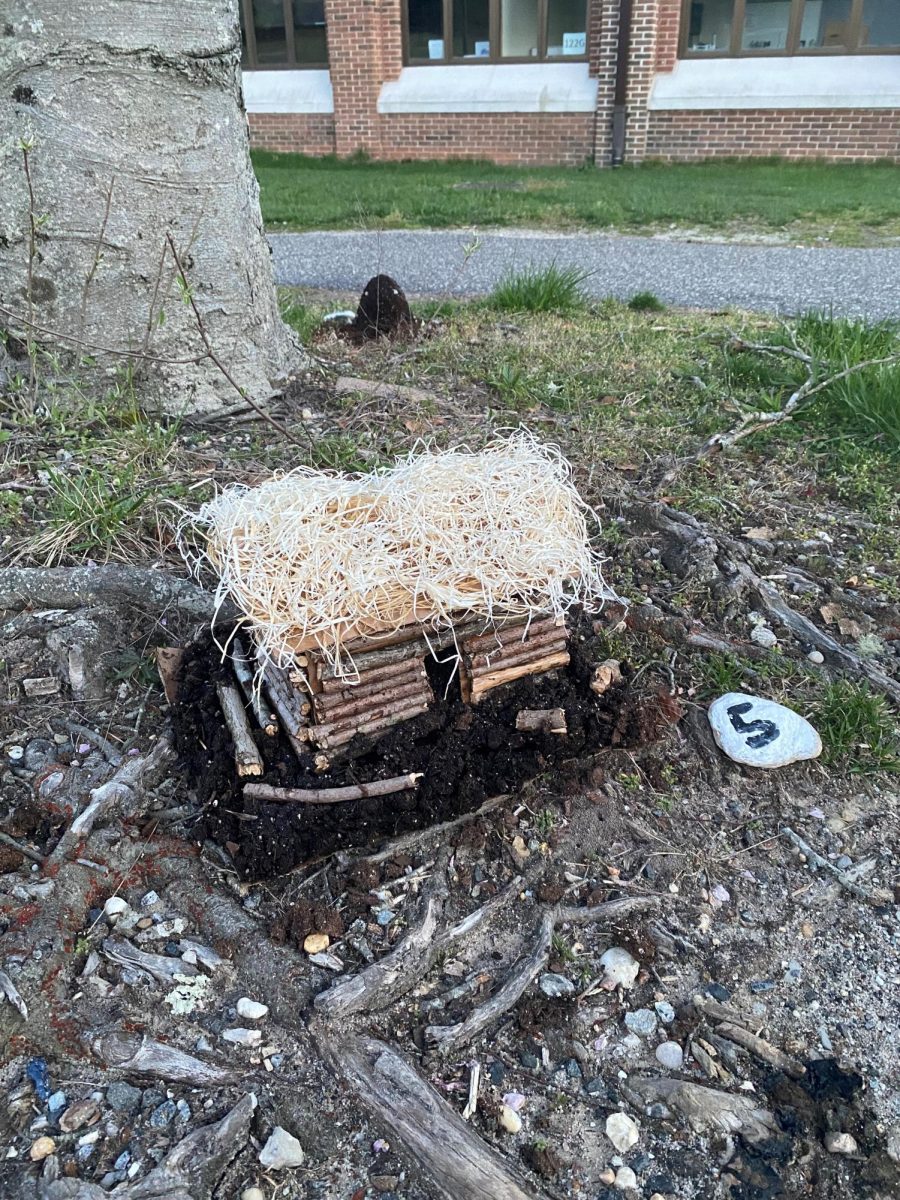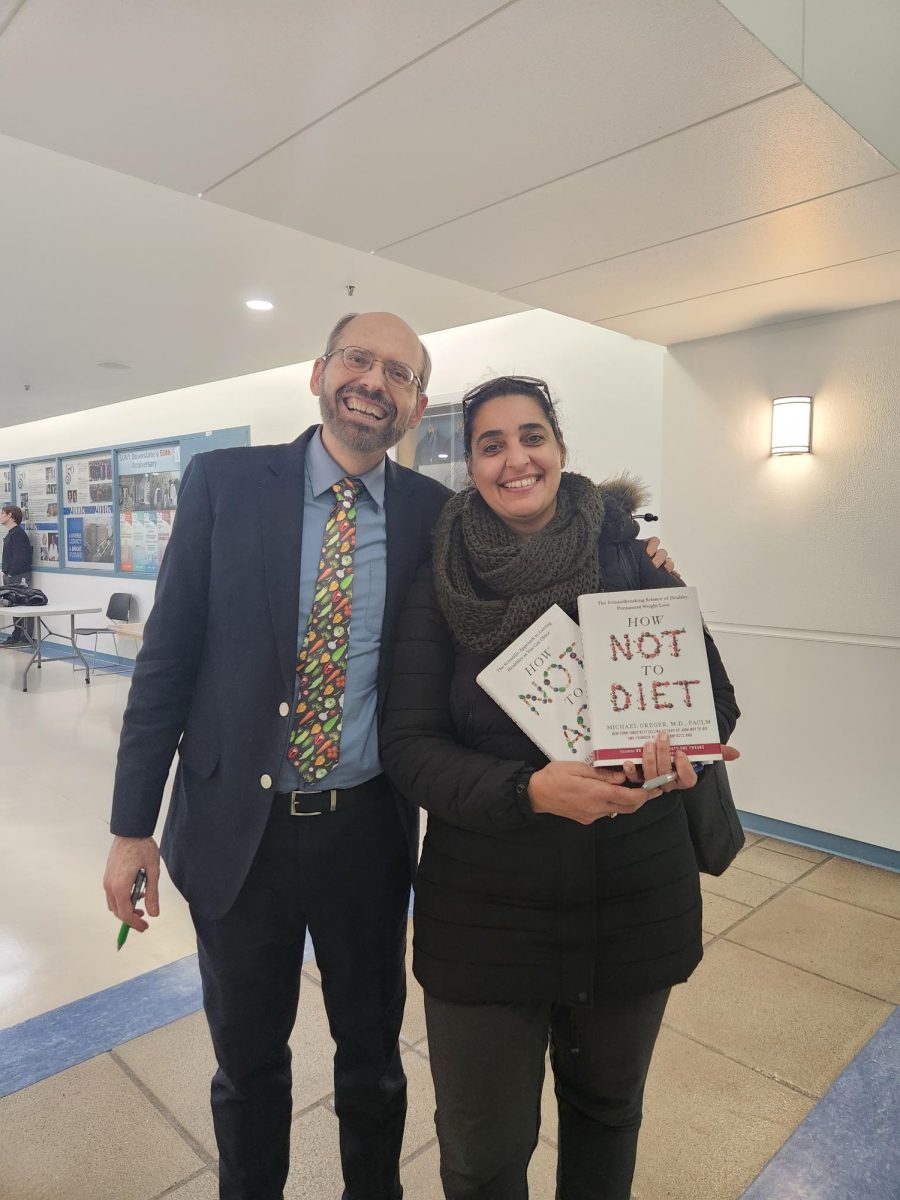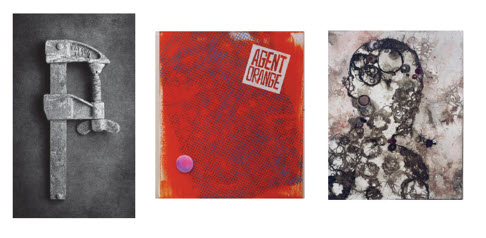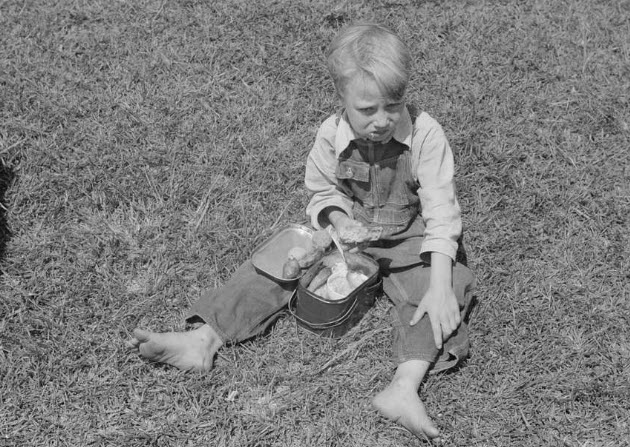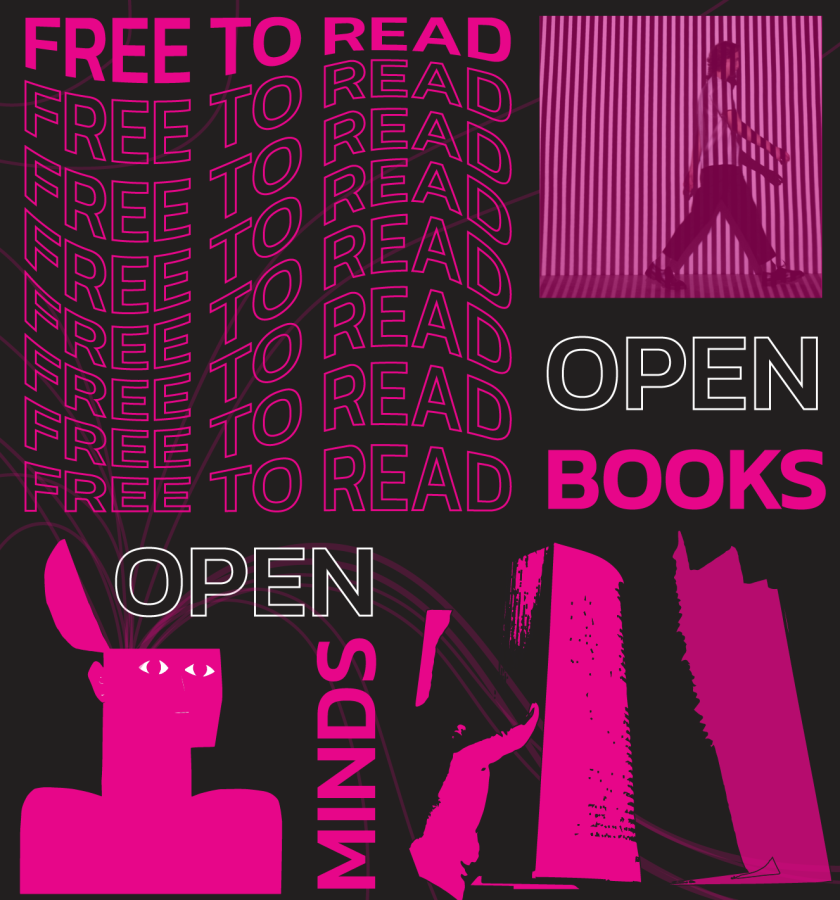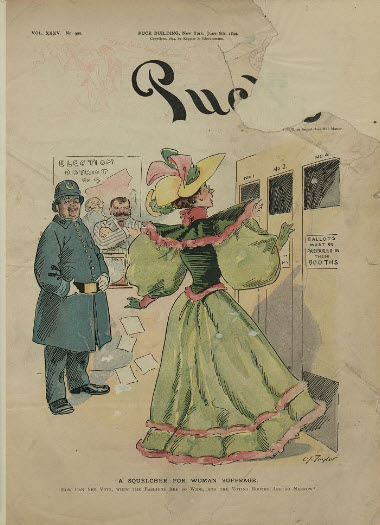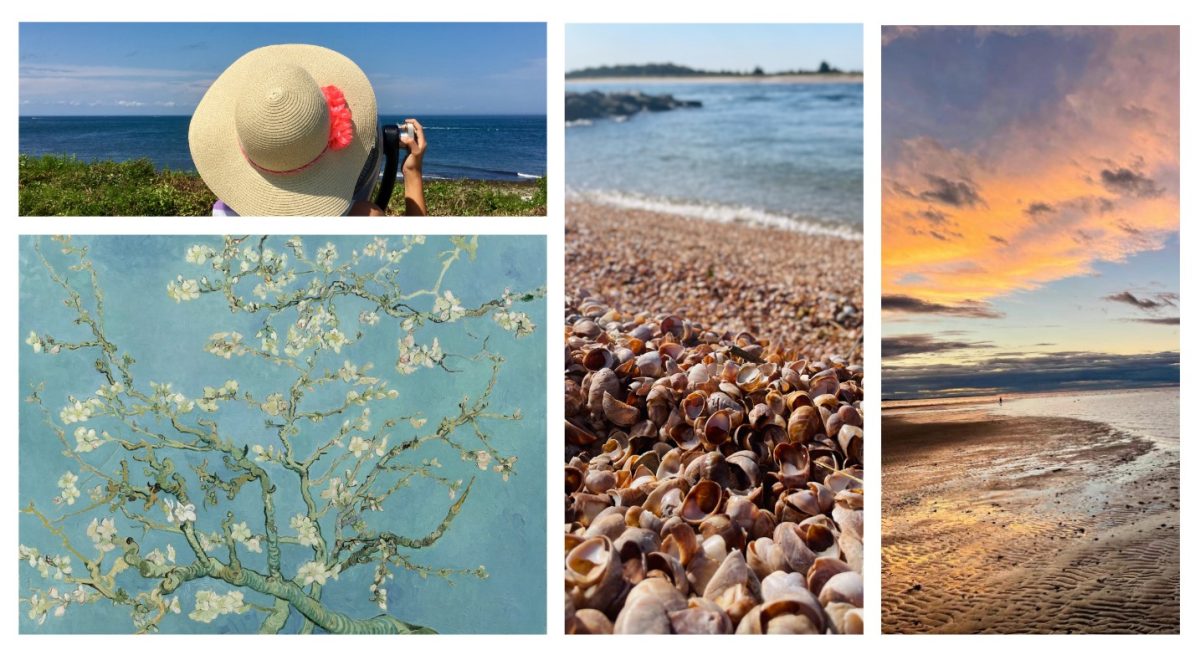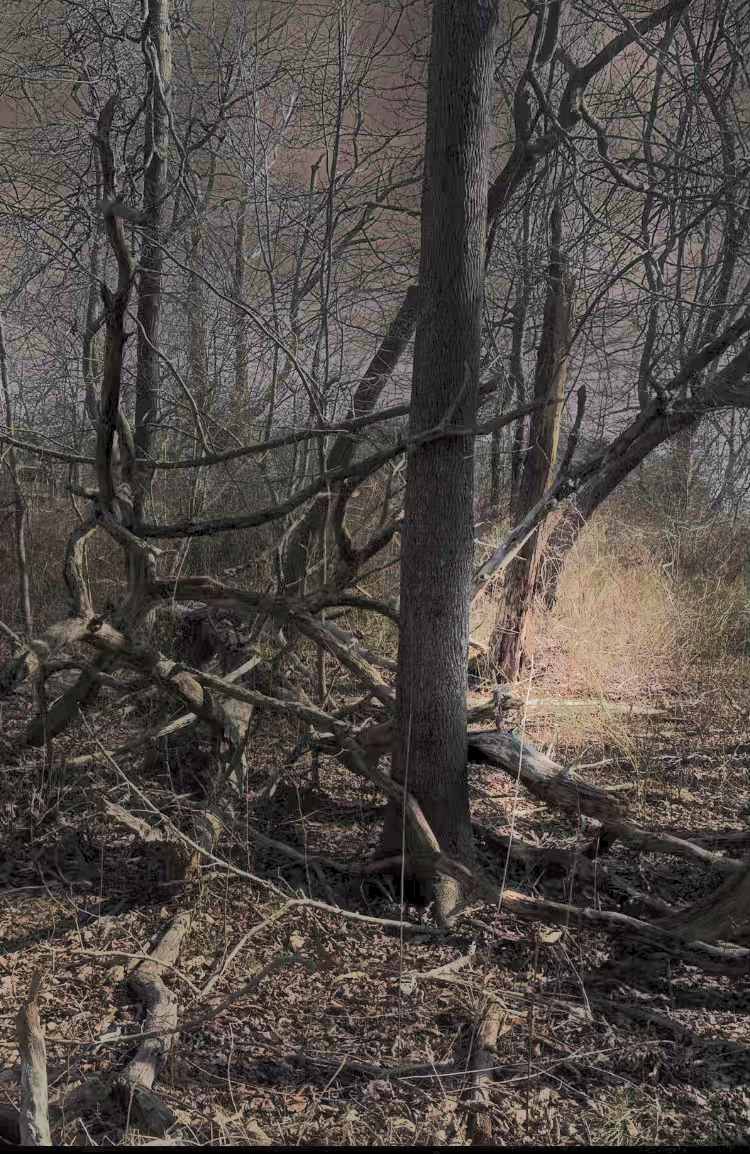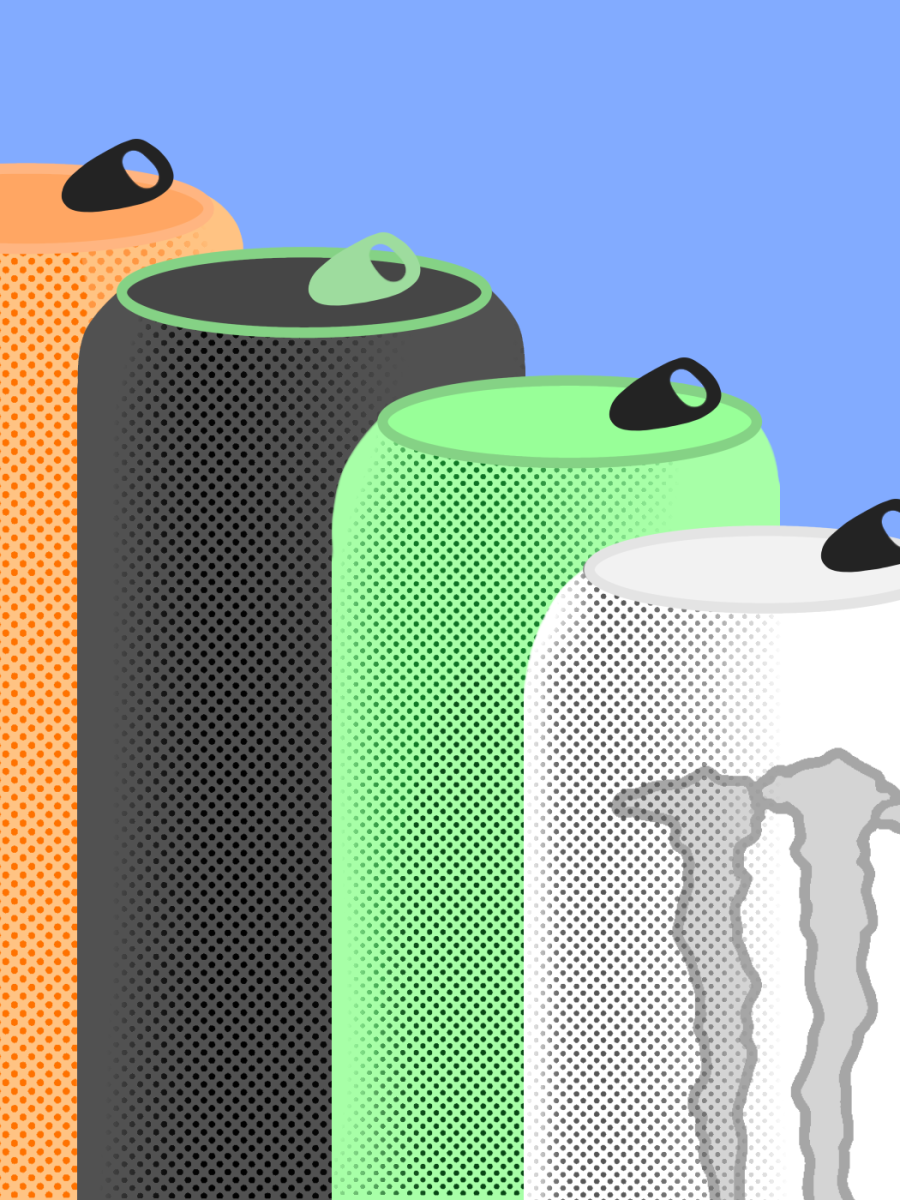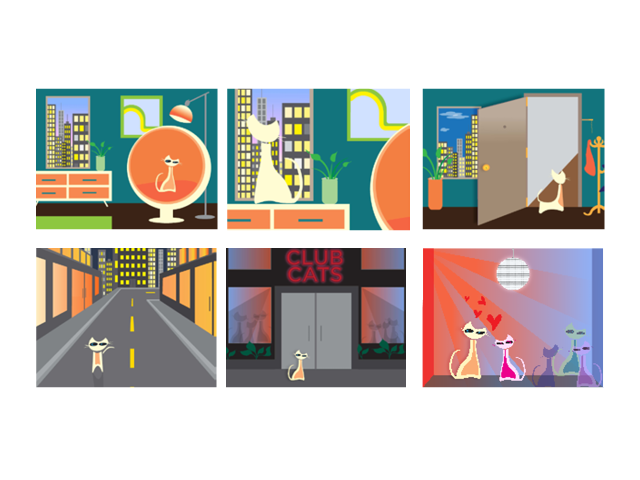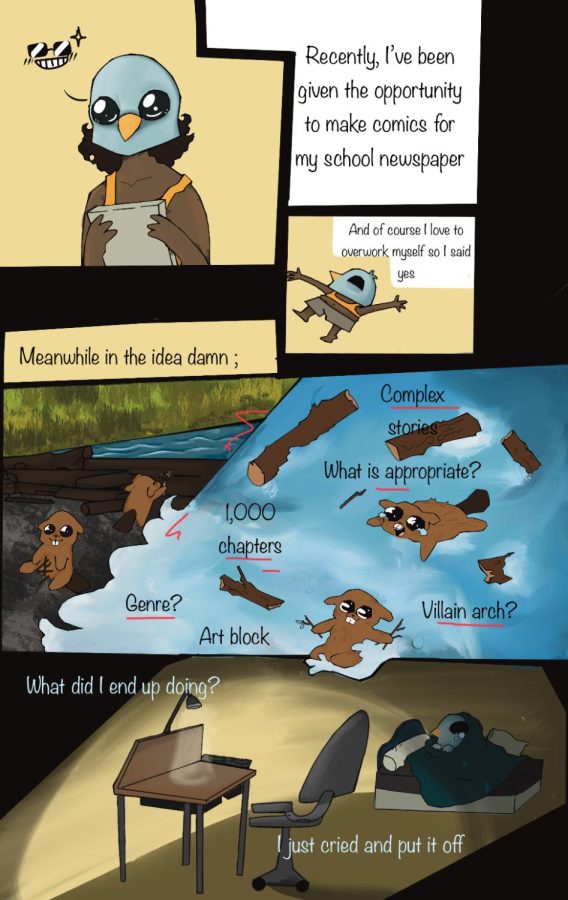The Melancholy of Lana Del Rey’s Blue Bannisters
November 4, 2021
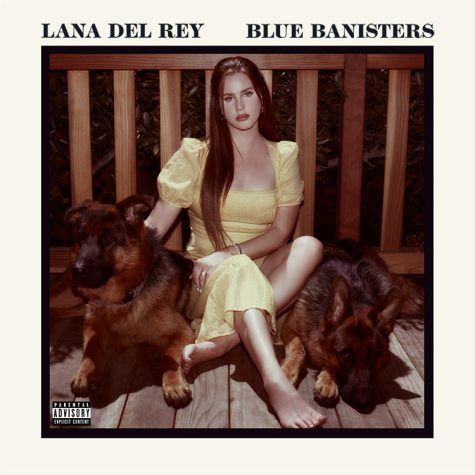
After releasing ‘Chemtrails Over The County Club’ in March, Del Rey faced criticism from the media, from being accused of glorifying depression
and domestic abuse to cultural appropriation. Del Rey vowed to address this, saying in an Instagram Story, “I will continue these thoughts on my next record on June 1 titled Rock Candy Sweet.”
While the aforementioned record never came to fruition, Blue Bannisters does subtly address the criticisms that have not only been brought up earlier this year but the ones that have plagued her career as well.
Since her debut,
her music has become a solace for depressed teenage girls looking to romanticize their melancholy. Del Rey offers a birds-eye view of narcissistic feminine fantasies. Romantic and nostalgic longing has been a trademark in her songs, and the world has become fixated on her sadness- something Del Rey addresses in a 2019 interview with NME.
“I’m not just one thing. But being able to express my sadness sometimes makes me actually more cheerful than some people I know because I gave myself permission to have a lot of colors.”
She returns to this thought, lamenting the treatment of another great artist’s depression in her song Beautiful. “What if someone had asked Picasso not to be sad?” she wonders. “Never known who he was or the man he’d become / There’d be no blue period.” Del Rey brings herself back into the picture and tells us to
trust her vision: “Let me show you how sadness can turn into happiness / I can turn blue into something.”
The album is haunting but less applauded than prior albums such as Born to Die or NFR. But Del Rey strips herself down and lets herself be vulnerable, shown on tracks like “Black Bathing Suit,” singing “I’m not friends with my mother but still love my dad.”
Del Rey’s relationship with her family is brought up again in “Wildflower Wildfire,” lamenting her childhood as she sings, “My father never stepped in when his wife would rage at me.”
Del Rey allows us to examine her through a murky gauze of nostalgic sadness and proves that since her breakthrough in 2011- she’s still got it.

